On Monday, the Supreme Court ruled that states can impose penalties on members of the Electoral College who violate their pledges to vote for their party’s candidate. State legislatures set the rules for choosing electors to the college that selects the president of the United States, and most of them appoint electors from the two major parties based on the state’s popular vote in the November election.
While The Federalist Papers appear to envision an Electoral College that would be independent of the popular vote — even in the states — the Constitution requires state legislatures to choose how to appoint electors. Some might say penalizing “faithless electors” might eviscerate the central purpose of the college under the Federalist Papers, but if that were so, the Constitution would have been more explicit on the issue.
In Chiafalo v. Washington (2020), the Court unanimously ruled that the State of Washington was within its rights to impose a penalty on electors who violated their pledges to vote for the candidate of the major party they represented. Washington, along with 14 other states, imposes a sanction on “faithless electors.” Washington State slapped a $1,000 fine on each of three electors, Peter Chiafalo, Levi Guerra, and Esther John, for violating their pledges to support Hillary Clinton in the Electoral College. They voted, instead, for Colin Powell.
The electors argued that the Constitution gives members of the Electoral College the right to exercise their own private judgment in the way they select the president. In fact, some might say this should be the central purpose of the Electoral College.
The central purpose of the Electoral College.
According to this argument, the Founders instituted the Electoral College in order to set up a system whereby the state legislatures would select the most qualified men to use their personal judgment to choose the president.
After all, Alexander Hamilton argued that the Electoral College entrusted the presidency to “men most capable of analyzing the qualities” needed for the office, who would make their choices “under circumstances favorable to deliberation” (Federalist 68), while John Jay predicted that the Electoral College would “be composed of the most enlightened and respectable citizens” whose choices would reflect “discretion and discernment” (Federalist 64).
Yet the Constitution required states to establish their own rules on the Electoral College, and those rules followed a partisan direction from early on in American history. While an insulated Electoral College might arguably better select a president, Americans throughout history have preferred that the Electoral College echo the popular will in the various states.
The Constitution and history of the Electoral College.
Justice Elena Kagan, who delivered the opinion of the Court, argued that this idea did not make it into the Constitution.
“All that they put down about the electors was what we have said: that the States would appoint them, and that they would meet and cast ballots to send to the Capitol. Those sparse instructions took no position on how independent from—or how faithful to—party and popular preferences the electors’ votes should be. On that score, the Constitution left much to the future,” Kagan argued. “And the future did not take long in coming. Almost immediately, presidential electors became trusty transmitters of other people’s decisions.”
“Early in our history, States decided to tie electors to the presidential choices of others, whether legislatures or citizens. Except that legislatures no longer play a role, that practice has continued for more than 200 years. Among the devices States have long used to achieve their object are pledge laws, designed to impress on electors their role as agents of others. A State follows in the same tradition if, like Washington, it chooses to sanction an elector for breaching his promise. Then too, the State instructs its electors that they have no ground for reversing the vote of millions of its citizens,” Kagan wrote.
Chief Justice John Roberts, along with Justices Ruth Bader Ginsburg, Stephen Breyer, Samuel Alito, Sonia Sotomayor, Neil Gorsuch, and Brett Kavanaugh joined with Kagan in the opinion. Justice Clarence Thomas delivered an opinion concurring in the judgment but for slightly different reasons, and Gorsuch joined the second half of his opinion.
“The Court correctly determines that States have the power to require Presidential electors to vote for the candidate chosen by the people of the State. I disagree, however, with its attempt to base that power on Article II,” Thomas wrote. “In my view, the Constitution is silent on States’ authority to bind electors in voting. I would resolve this case by simply recognizing that ‘[a]ll powers that the Constitution neither delegates to the Federal Government nor prohibits to the States are controlled by the people of each State.'”
This ruling may help preserve the Electoral College amid a fury of liberal outrage. Democrats are furious that Donald Trump won the Electoral College even though Hillary Clinton won a plurality of votes in the national popular vote. This decision allows states to clamp down on “faithless electors,” holding the Electoral College more accountable to the will of the people. That appears to go against the intention of the Federalist Papers, but it follows America’s traditions on how the college behaves in selecting a president.
Faithless electors have played a comedic role in American politics, and some Americans appreciate that three dissenters voted for Colin Powell over Hillary Clinton. However, the Constitution does not prohibit states like California from penalizing these faithless electors. Perhaps Colin Powell or some of his supporters will pony up the cash to foot this bill.
Tyler O’Neil is the author of Making Hate Pay: The Corruption of the Southern Poverty Law Center. Follow him on Twitter at @Tyler2ONeil.


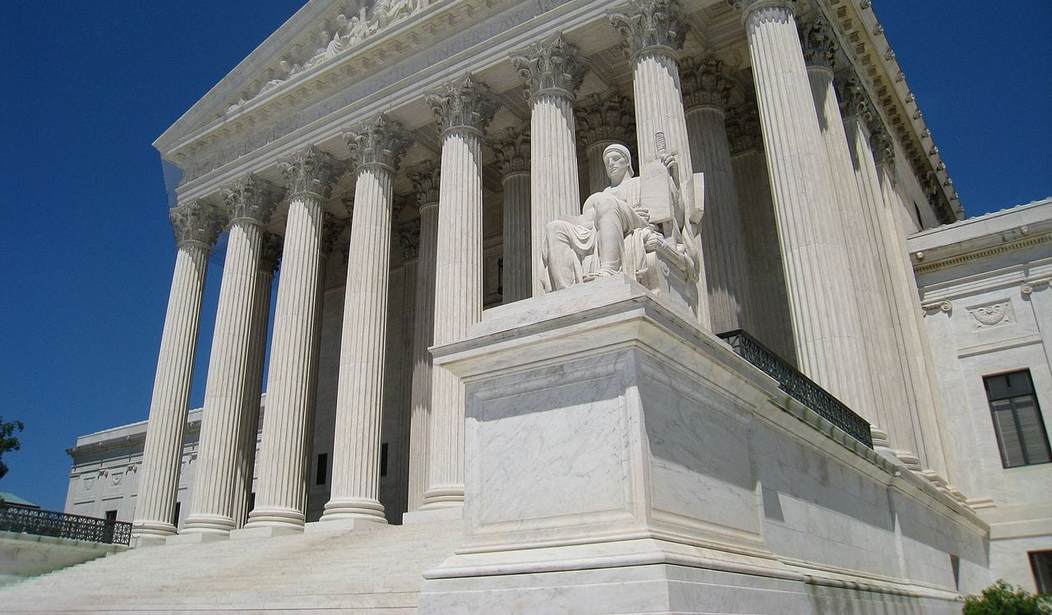
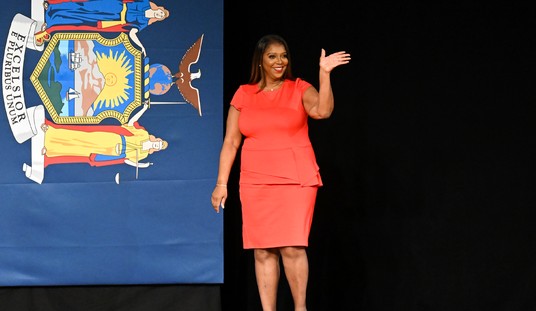
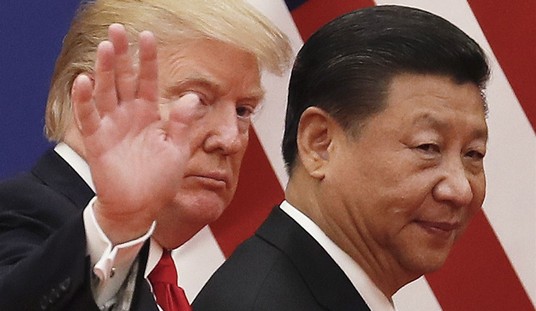


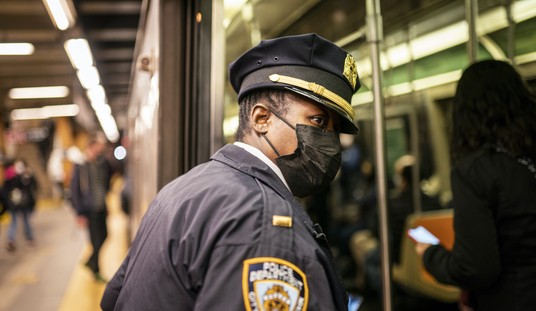
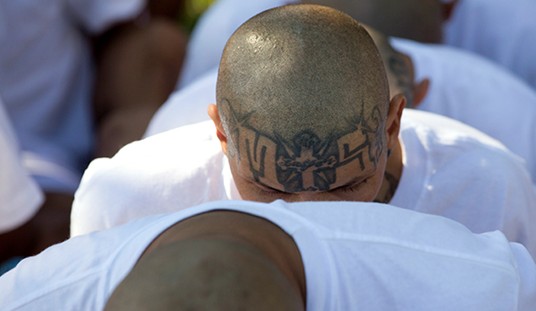
Join the conversation as a VIP Member